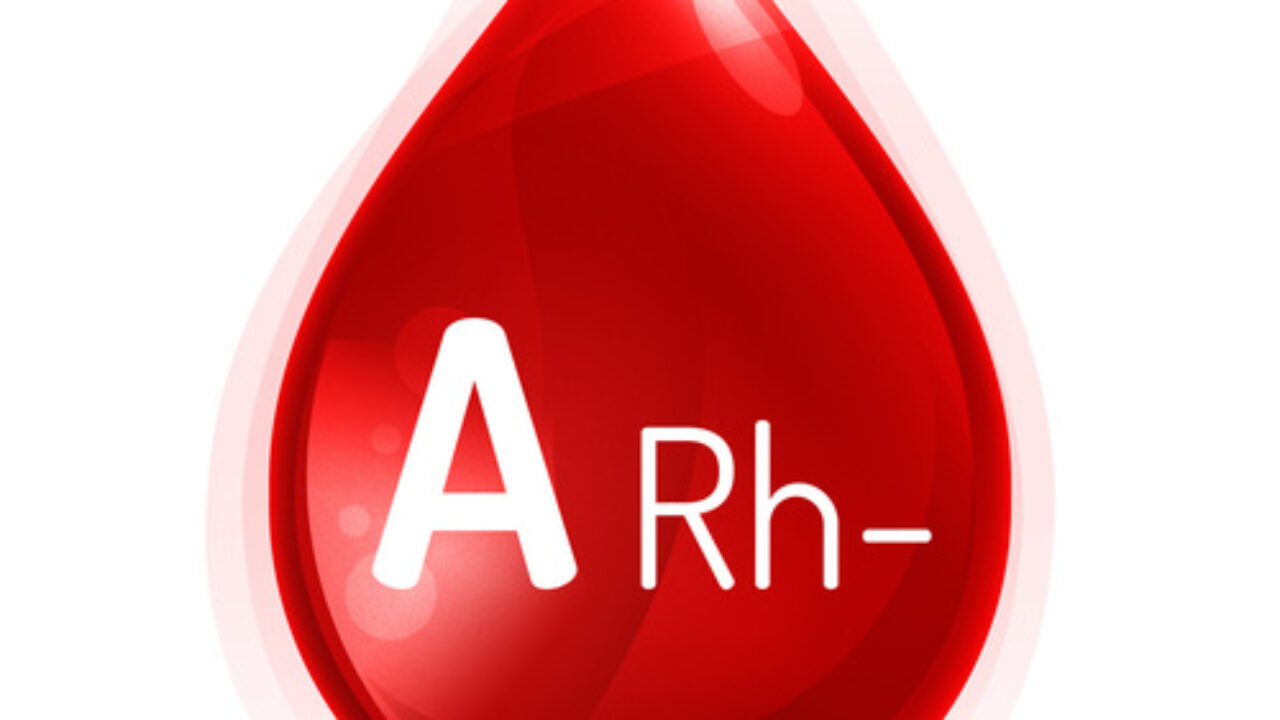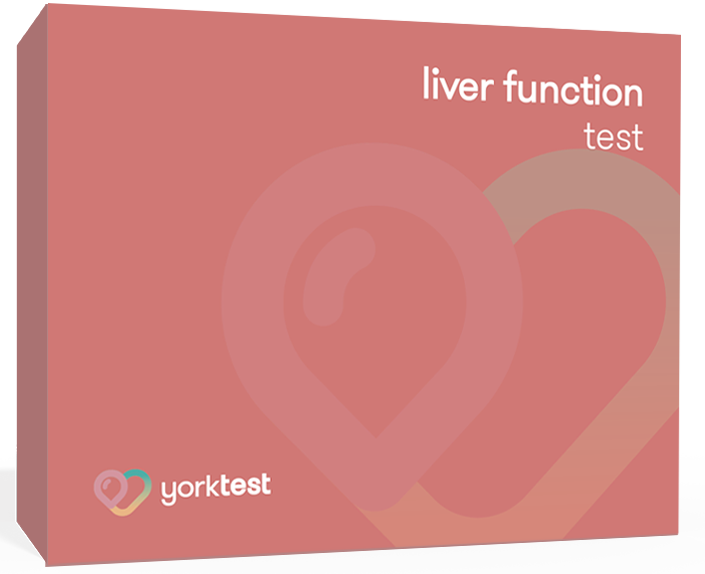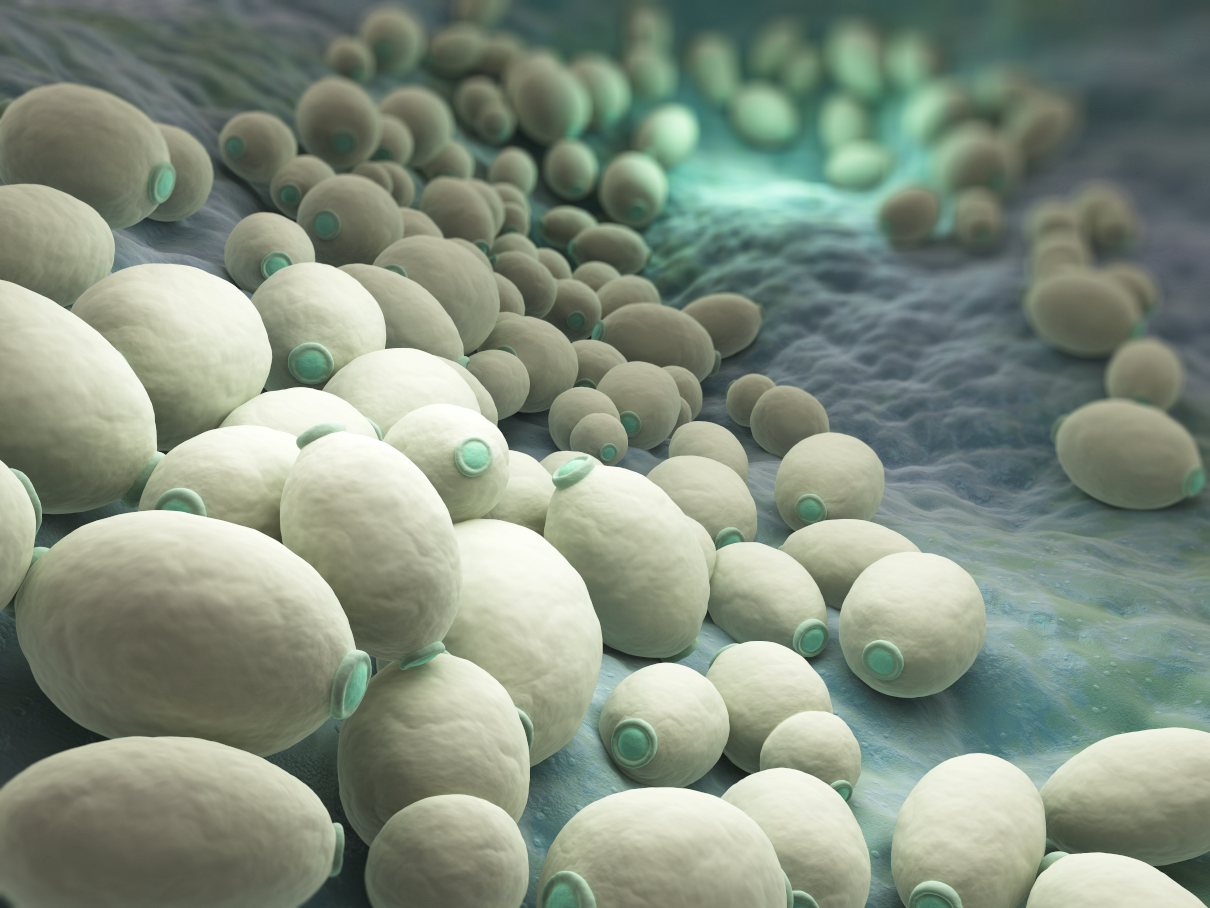
CHARACTERISTICS of Blood group diet A-type:
- The first vegetarian
- It reaps what it sows
- Sensitive digestive tract
- Tolerant immune system
- Adapts well to settled dietary and environmental conditions
- Responds best to stress with a calming action
- Requires an agrarian diet to stay lean and productive
Blood group diet A-type OVERVIEW:
Type A flourishes on vegetarian diets. It is also crucial for Type A to get their foods in a natural state, such as fresh, pure, and organic. Besides, Type A is biologically predisposed to heart disease, cancer, and diabetes. Following a Type-A diet can supercharge their immune system and potentially short-circuit the development of life-threatening diseases.
Type As will be naturally thinner on the correct diet. Eating red meat makes Type A feel sluggish and less energised than vegetable proteins. Type A also stores meat as fat because of low stomach acid (which breaks down proteins). Dairy foods are also poorly digested by Type A as they can provoke insulin reactions and are high in saturated fat, the Type that compromises the heart and leads to obesity and diabetes. Wheat is a mixed factor in the Blood group diet A-type; whilst they can eat it, Type A must be careful not to overeat as this causes acidity to muscle tissue, inhibiting metabolism in this Type.

Food intolerance test of 208 ingredients
This is our most comprehensive food and drink test. It analyses your client’s IgG antibody reactions to 208 food and drink ingredients. This test will highlight their food triggers and help you formulate an IgG-guided elimination diet together.
Meat, Offal and Poultry:
To receive the most significant benefits, Type A should eliminate all meats from their diet, although this can be difficult given the Western diet. Chicken and turkey are neutral for Type A, but they should avoid processed meats such as ham and bacon.
Seafood:
Type As can eat seafood in modest quantities three or four times a week but avoid flatfish like sole and plaice as they contain a lectin that can irritate their digestive tract. Other fish to be avoided are anchovy, crab, haddock, herring, lobster, mussels, shrimp and smoked salmon.
Dairy Products and Eggs:
Type A can tolerate small amounts of fermented dairy produce but should avoid anything made with whole milk and limit egg consumption to occasional organically produced eggs. Type A choices should be yoghurt, kefir and cultured dairy products. Goat’s milk and soya are suitable substitutes, as is soy cheese. Dairy products are not digestible for Type As because they produce antibodies to the primary sugar in milk. Foods to avoid include cheese made from cow’s milk and ice cream.
Ingredients for blood group diet A-type
Oils and Fats:
Type A needs very little fat to function well, but a tablespoon of olive oil on salads or steamed vegetables daily will aid digestion and elimination. Oils to avoid include corn, groundnut, safflower, and sesame.
Nuts and Seeds:
Since Type As should eat very little animal protein, nuts and seeds supply a vital protein component. Pumpkin seeds, sunflower seeds, almonds and walnuts are all good for Type As. Type A should also eat peanuts as often as possible as they contain a cancer-fighting lectin (eating the skins and the nuts). Type As with gall bladder problems, they should limit themselves to small amounts of nut butter instead of whole nuts. Nuts to avoid are Brazil nuts, cashew nuts and pistachio nuts.
Beans and Pulses:
Type A thrives on the vegetable protein found in beans and pulses. However, like kidney beans and chickpeas, some contain a lectin that can decrease insulin production, often a factor in both diabetes and obesity.

Liver Function Test
Are you concerned about your liver health? Do you think your alcohol consumption, weight, or unhealthy diet may impact your liver function? Your liver function affects your everyday health in many different ways. Begin the journey to improving your health and well-being with our Liver Function Test.
- Tests for seven health markers of liver function status, including Albumin, Globulin and Total Protein.
- Simple at-home finger-prick blood test.
- Provides hospital standard, easy-to-read traffic light results.
- Receive advice to support your overall health better.
- Access results via your secure, personal Wellness Hub account.
Only available in the UK. Customers must be aged 18 years or over to take this test. This test is not available to customers who are pregnant or breastfeeding.
Cereals and Grains:
Blood group diet Type As generally do well on cereals and grains and can eat these foods once a day. They should select whole grains instead of instant and processed cereals and introduce millet, soya wheat and oats into the diet. Wheat-eating Type A needs to balance the intake of acid-forming wheat with more alkaline foods such as fruit and vegetables, as Type A does better when their tissues are slightly alkaline. Buckwheat is very beneficial, but they should avoid wheat germs, shredded wheat, wheat germs, wheat bran, white flour, semolina flour, and whole wheat flour.
Fruit and Vegetables:
Fruit and vegetables are vital to the Type A diet, providing minerals, enzymes and antioxidants. Most vegetables are available to Type A, but a few aggravate the delicate Type A stomach, such as peppers and fermented olives. Type As are also very sensitive to the lectins in most potatoes, sweet potatoes, yams and cabbage. They should also avoid tomatoes, which substantially affect their digestive system. Type A should eat fruit three times daily, emphasising the more alkaline fruits such as berries and plums. Type A doesn’t do well on tropical fruits like mango and papaya. However, pineapple is excellent for the Type A digestive tract. Other fruits to avoid include bananas, coconuts, cantaloupe and honeydew melon, oranges, rhubarb and tangerines.
Spices, Herbs and Flavourings:
Type A should view these ingredients as more than flavour enhancers; the right combination of spices can be a robust immune system booster. Tamari, miso and soy sauce are very beneficial for Type A. Furthermore, blackstrap molasses is a good source of iron, a mineral lacking in the Type A diet. Kelp is an excellent source of iodine, but they should avoid vinegar because of its acidic properties. Sugar and chocolate are allowed on the Type A diet, but only in tiny amounts. Type A should also avoid gelatine, pepper (black, cayenne, white), and vinegar.
Beverages:
Red wine is good for the Blood group diet A-type because of its positive cardiovascular effects. Coffee may also be suitable for Type A as it raises stomach acid and has the same enzymes found in soya. Besides, I recommend alternating coffee and green tea for the benefits. They should avoid all other beverages as they don’t suit the digestive system of Type A, nor do they support the immune system.

Food allergy test
Do you experience reactions to foods and think an allergy might cause them? Do you experience hay fever-type symptoms, the cause of which is unknown to you? Allergies can be challenging to pinpoint. And it’s almost impossible to deal with an allergy without identifying what is causing the problem. This Food Allergy Test is a fast and reliable home-to-laboratory allergy testing service.
MEAL PLANNING for Blood group diet A-type
Breakfast:
- Rice cakes with almond butter and cherry preserve, coffee
- Buckwheat pancakes with blueberries, green tea
- Kashi with soya milk, stewed prunes, coffee
- Blueberries with yoghurt, soya flour toast, coffee
Lunch:
- Peanut butter on soy flour bread, a glass of goat’s milk, two apricots
- Soba noodles in miso soup, green tea
- White bean soup with wilted spinach and garlic, pumpernickel toast
- Aduki bean and brown rice salad, mineral water with lemon
Snack:
- Fruit smoothie with soya milk, peaches and pineapple
- Two plums, green tea
- Peanuts and raisins
- Carrot sticks with peanut butter
Dinner:
- Quinoa pasta with stir-fried vegetables, green salad with red onions, red wine
- Curried lentils, steamed amaranth, green vegetables, a glass of red wine
- Grilled trout, glazed root vegetables, carrot-raisin salad, a glass of red wine
- Tofu stir fry, brown rice, walnuts, ginger tea
Bibliography:
D’Adamo P. The Eat Right Diet. Century 1998











